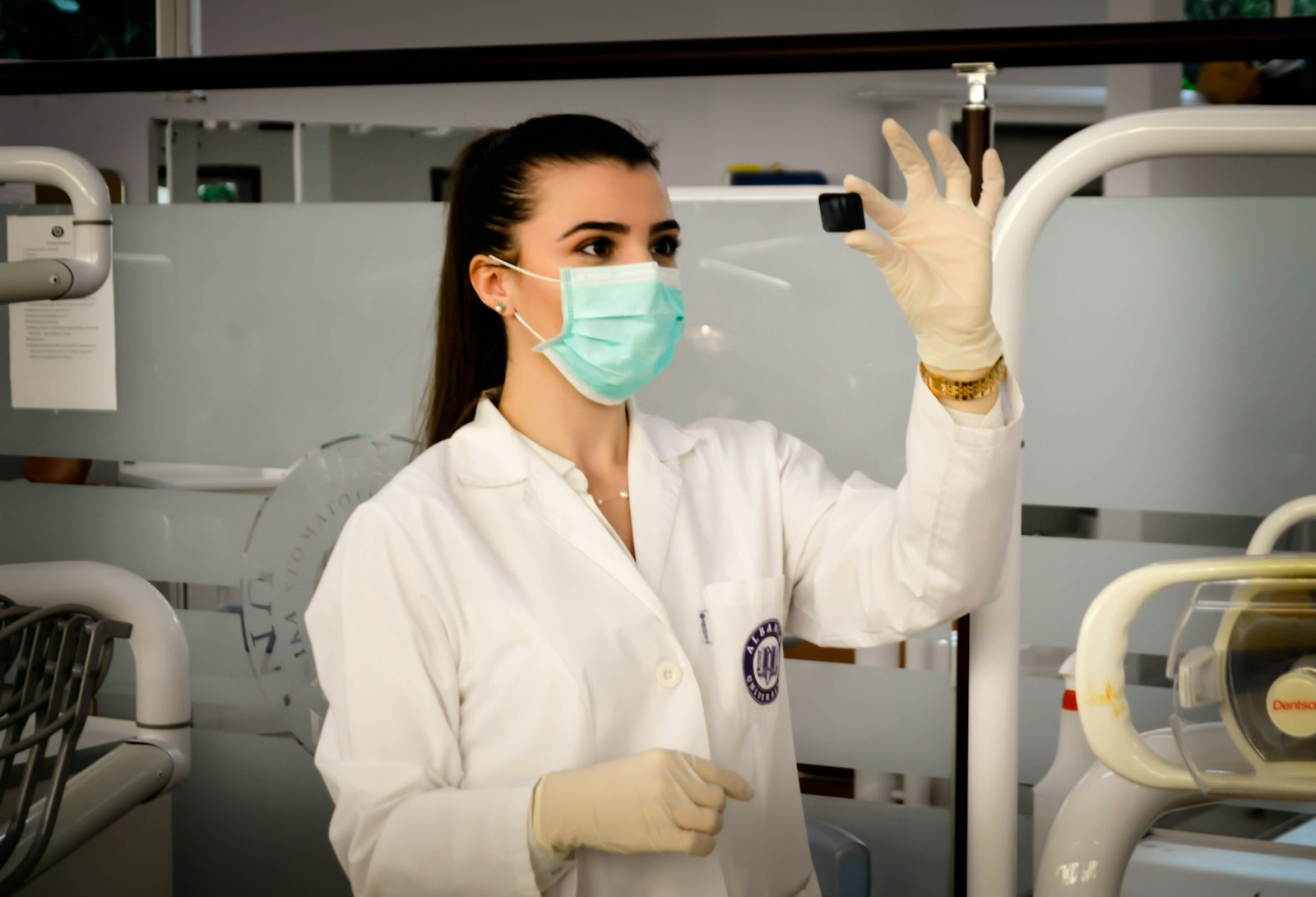![]()
Did you know that the FDA (Food and Drugs Admin) is warning parents to avoid certain powdered baby formula after reports of 4 bacterial infections? In this article, we will find out what they are saying, what kind of risks they are referring to and which kinds of formulas are on the danger list.
What is the FDA Warning?
The FDA released a warning to parents and caregivers about sudden infant death syndrome (SIDS) in 2018. The warning tells parents that the risk of SIDS is greatly reduced by placing babies on their backs to sleep, and wakes them up from sleeping on their stomachs. The following links provide more information about this new warning:
Recommendation
The FDA is advising consumers not to use Similac, Alimentum or EleCare powdered infant formulas if:
- the first two digits of the code are 22 through 37 and
- the code on the container contains K8, SH, or Z2, and
- the expiration date is 4-1-2022 (APR 2022) or later.
Health Risks of Powdered Baby Formula
3 infections stemmed from Cronobacter, a bacteria that can cause severe, life-threatening infections and or inflammation of the membranes that protect the spine and brain. The 3rd infection was from Salmonella, a group of bacteria that can cause digestive illness & fever.
The US Food and Drug Administration (FDA) has just issued a warning that powdered baby formula may cause pulmonary hypertension in infants. The FDA is advising parents, who give their babies this type of formula, to switch them to liquid infant formula immediately. Powdered infant formulas are found in about half of US households.
Problem with Powder Baby Formula
The FDA has issued a warning to parents that some popular powder baby formula brands have been found to be contaminated with bacteria. There have been reported cases linking these products to a bacterial infection that causes bloody diarrhea and dehydration in infants. The FDA recommends that all parents should monitor their infants for signs of the disease and make sure they are using safe, clean water. Babies who are affected by this condition can be treated by taking amoxicillin or giving fluids intravenously.
Alternatives for Parents
As parents, we all have things that we worry about when it comes to our baby’s health. One of the most pressing questions that many parents have is whether or not they can feed their child soy formula because of a recent warning from the Food and Drug Administration. The FDA warns that breastfeeding mothers should never give infants cow’s milk protein because the protein can cause “severe problems” in babies. So where do parents turn for advice now? This article discusses some alternatives to consider and how to help your baby transition from breast milk to formula after birth. The government is reaching out to parents with this new warning. It aims to warn parents that certain baby products can be dangerous and cause seizures, convulsions, and even death.
WHO Warns Latest Variant of Influenza Could be More Deadly
The products in question are some pacifiers, teething rings and other items that babies can put in their mouths. Many parents have been using these items without any warnings or precautions. The FDA has issued a new warning about the safety of baby bottles. The official recommendation for parents is to use an alternative to plastic baby bottles, such as cups and sippy cups that are BPA-free. This is one of the first major warnings from the FDA about BPA.
Conclusion
The Food and Drug Administration has issued new warnings on pacifiers and baby bottles. The FDA is warning parents to avoid using these items for babies under 2 years old after an investigation revealed that 9 infants died of suffocation, choking, or strangulation.
